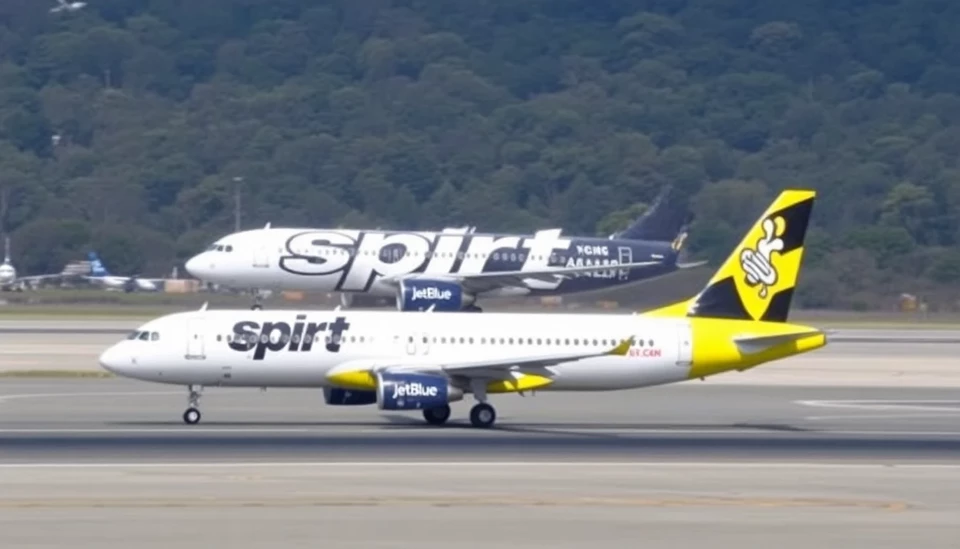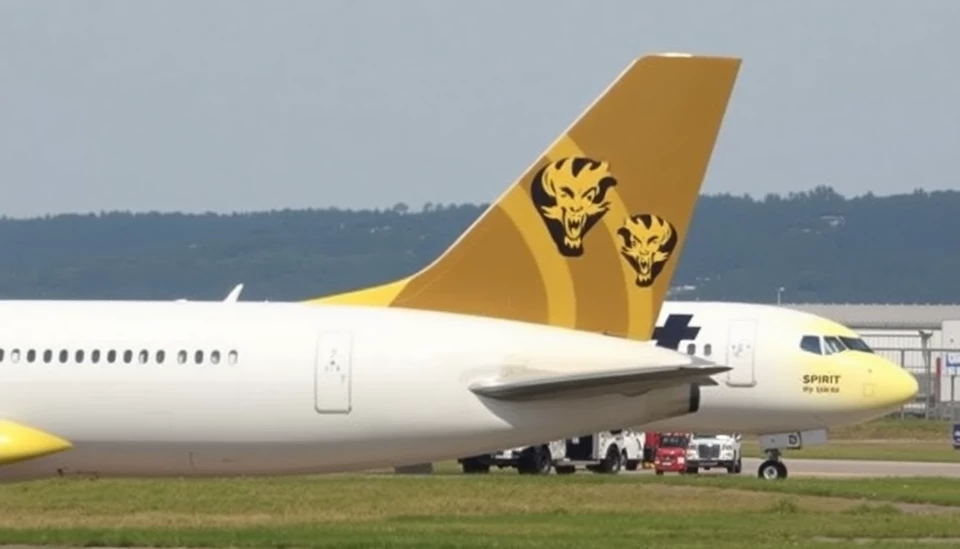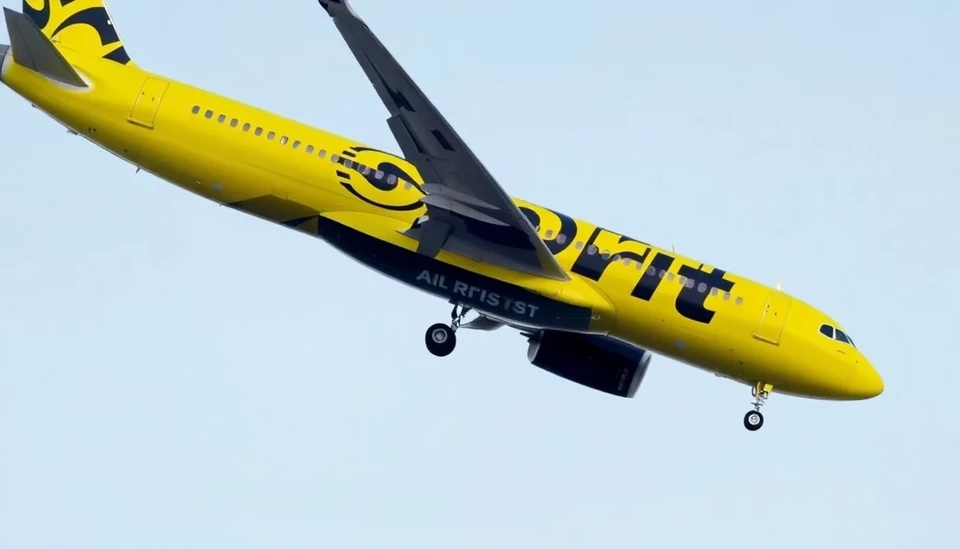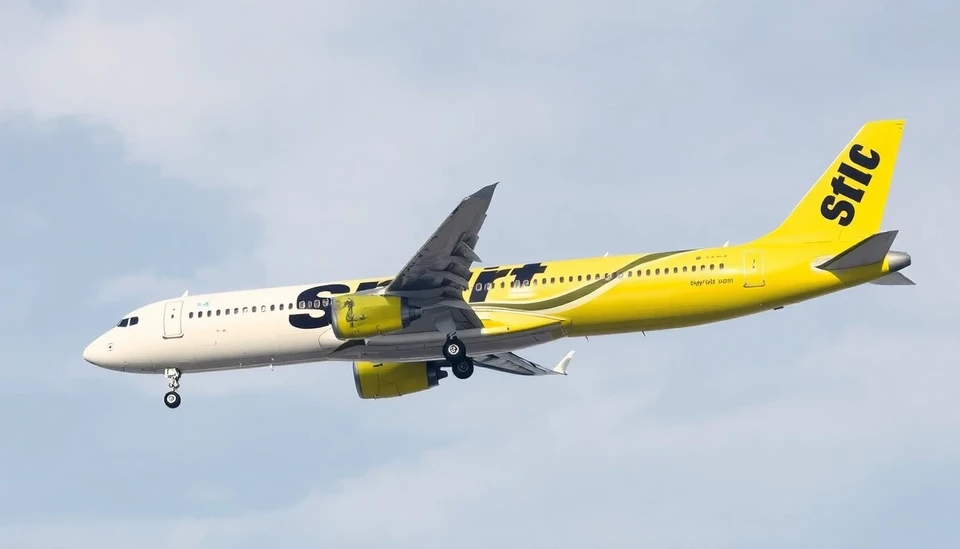
In a significant turn of events for the aviation industry, Spirit Airlines has filed for Chapter 11 bankruptcy, bringing a tumultuous chapter for the airline to a close. This decision comes in the wake of a failed merger attempt with JetBlue Airways, which was intended to propel Spirit into a more competitive position in the airline market.
Spirit's bankruptcy filing, announced on November 18, 2024, marks a pivotal moment in the company's efforts to restructure and stabilize its operations. The airline has faced mounting pressures, both financial and operational, that have culminated in this drastic measure. Spirit has cited a combination of increased operational costs, evolving market dynamics, and the inability to finalize the JetBlue takeover as contributing factors to its current predicament.
The attempt to merge with JetBlue, which was initially praised as a strategic move to enhance competitive offerings, ultimately faced scrutiny from regulators concerned about potential monopolistic practices within the airline industry. Following extensive investigations, the merger was called off, leaving Spirit in a precarious situation amidst a rapidly shifting travel landscape that demands agility and adaptability from all carriers.
Spirit Airlines has acknowledged the difficulties it has faced over the past few years, particularly in managing expenditures while still delivering low-cost travel options to its customers. The filing will allow the airline to reorganize its debts and continue operations while they seek to emerge as a more robust entity post-restructuring. During this bankruptcy process, Spirit plans to focus on improving its financial health without sacrificing the core services that have defined its low-cost business model.
Industry analysts have remarked that the collapse of the merger highlights a broader trend in the airline sector, where airlines are grappling with rising operational costs, fluctuating fuel prices, and increasing competition. The once-booming travel market is undergoing a transformation, with airlines needing to be more innovative in their service offerings to attract and retain customers.
In the coming months, Spirit Airlines will work closely with its creditors and stakeholders to navigate through bankruptcy proceedings. The ultimate goal will be to emerge from this challenging period stronger and more competitive, potentially revisiting partnership opportunities that could enhance its market position without inciting regulatory backlash.
The airline's customers and employees, who have shown faith in Spirit's business model, will be hoping that this restructuring phase results in a revitalized operation that can better withstand the evolving landscape of air travel in the United States and beyond.
As Spirit Airlines embarks on this new journey, the aviation sector will be closely observing how the airline adapts its strategies to minimize disruptions and meet the changing demands of travelers in a post-pandemic world.
While the fallout from the failed merger with JetBlue has undoubtedly been a setback, it also provides Spirit with an opportunity to rethink its approach and lay down a sustainable model for future growth.
Stay tuned as developments unfold regarding Spirit Airlines and its restructuring efforts, which could impact consumers and the broader airline industry in the months ahead.
#SpiritAirlines #Bankruptcy #JetBlue #AviationNews #AirlineIndustry #TravelUpdates #MergerChallenges #Restructuring
Author: Samuel Brooks




